Amidst Russia’s continued full-scale invasion of Ukraine, many might have forgotten that the small Baltic country of Lithuania was the first to pay in blood for its independence from Moscow more than three decades ago.
In fact, Lithuania was the first former republic to break away from the Soviet Union, proclaiming the restoration of its pre-World War II independence in March 1990 and sparking a tumultuous period culminating in the January Events of 1991.
Following threats of violence by Soviet Union President Mikhail Gorbachev, a three-day Soviet Army invasion ended with 14 Lithuanian civilians dead and some 140 injured.
Yet they did not relent, and their resistance sparked a chain reaction across the Soviet bloc that saw the rest of the Baltics, Moldova, Ukraine, Belarus, as well as states in the Caucasus and Central Asia, follow suit until the USSR’s final demise in late December 1991.
Since then, Lithuania has grown into a full-fledged democracy, becoming a member of the EU and NATO in the process.
Together with the other Baltic states, it is now one of the most fervent supporters of Ukraine as it continues to endure a bloody war and the Kremlin’s aggression.
Euronews View spoke to Saulius Saul Anuzis, a Lithuanian-American political expert and former Michigan Republican Party chairman, and a witness to the struggle for Lithuanian independence in the late 1980s and early 1990s about what it took for the former Soviet states to distance themselves from Moscow and what can be learnt from their experience as Russia’s war against Ukraine rages on.
Euronews View: When did you first go to Lithuania, and what was the situation in the then-Soviet state like at the time?
Saul Anuzis: My parents immigrated from Lithuania. My sister was born there. My other sister was born in Germany during the war, and then my brother and I were born here in the US, but we were basically raised in a kind of immigrant neighbourhood in metro Detroit.
I didn’t learn to speak English until I was seven years old. Our neighbours were Lithuanian. We went to Lithuanian church, Lithuanian preschool and all that kind of stuff. So, we were culturally pretty engaged in Lithuanian activities, and that’s really how I got involved in politics.
My first trip would have been in ’89. I went 32 times between 1989 and 1991. Obviously, it was at the end of the Soviet era, and it was still under Soviet control.
The last General Secretary of the Communist Party was still in charge, the Lithuanian Communist Party was still the dominant party, and Sajudis had just started kind of brewing.
It was a very tenuous time for people there. They were all afraid, not sure exactly what was going to happen, how things were gonna work.
This was a unique situation. But it was kind of coming to a boiling point. People wanted to see change. And I think they just had a couple of good leaders that combined with others around the old Soviet block that kind of engaged and helped start the downfall of the Soviet Union.
Euronews View: How did this group of people come together? What was the profile of the people who were leading this change, and what is it that motivated them at the time?
Saul Anuzis: The guy who gave the first speech was a guy named Arvydas Juozaitis, the Olympic swimmer who won a bronze medal for the Soviets in the breaststroke. They brought him to the border expecting to get him out because he started this whole thing calling for Lithuania’s Independence.
Juozaitis, Vytautas Landsbergis — he became the first president of Lithuania — and Romualdas Ozolas, the three of them were kind of the start of Sąjūdis, or at least the leaders of Sąjūdis, who organised a lot of the initial activities.
And there were a couple of Lithuanian Americans who had gone over there to help, and obviously, the immigrant community of Lithuanians all over the world were engaged in helping in any way they could, which was primarily through getting information out.
At the time, I was the chief of staff to the Senate majority leader in Michigan, and we were politically engaged. We try to help them in any way we could with various introductions and conferences.
Actually, the first two governments that were there came over and met at Hillsdale College to hear what Western values are and how you run a democracy.
I gave a speech at the medical society there, and one of the doctors asked you what the most important thing they could do, and I said it was figuring out how to kind of cleanse that Soviet mindset over a freedom-based mindset where you were no longer stealing from the government, stealing from Moscow.
That was now taking from your own people. Not only did they have to do the logistical stuff of figuring out how to run their own country.
They had to change the way they thought where the government now was of the people, and they were trying to create a new free independent country. And I think that was just as much of a challenge as anything else.
Euronews View: Lithuania is a small country, especially compared to the rest of the Soviet Union and Russia. How do you feel about the fact that the people outside of Lithuania and even in its immediate neighbourhood have somewhat forgotten how much courage and energy it took for Lithuania and the rest of the three Baltic states to be where they are today?
Saul Anuzis: It’s just part of history, and people just moved on. I mean, there are other crises at hand.
But I do think that a lot of people, especially those who are involved in the kind of captive nations mindset of understanding those who are trying to break away from the Soviet bloc, know that Lithuania, Latvia and Estonia still led the way. They were the early ones who walked out on the Supreme Soviet of the Soviet Union.
You had the Baltic Way, when the Lithuanians, Latvians and Estonians stood up and down that highway and held hands to show the citizens’ interest in having their own independence. It became a mass movement.
You’re seeing a different scenario happening in Ukraine, but at the same time, you’ve got countries like Poland who are very supportive and reacting because they also lived under the yoke of the Soviets dominating their country, and they don’t want to see that happen again.
I think those are some of the reasons you see the Baltics being supportive of Ukraine, you see Poland being supportive of Ukraine and others.
Because they’ve experienced both living under Soviet rule and influence and the benefits and values of freedom and the Eastern European countries, especially those former Soviet satellite states, have had a very positive impact both on NATO and the world as a whole.
Euronews View: Do you think that the rest of Europe, and the West in particular, have listened to Lithuanians enough when they, together with others, warned us of Moscow’s malign intentions?
Saul Anuzis: I would say people listened to them; I just don’t know necessarily how they reacted. I mean, there was a tremendous amount of interest in finding out how things worked.
Very quickly, NATO, as well as other intelligence services, were in Lithuania and the Baltics, learning from their experiences of how the process was set up, what people did, and what people didn’t do.
Obviously, early on, there were a lot of people in leadership that were part of the Communist Party part of the security infrastructure of the Soviets. And so there was some very valuable intelligence and information that was shared with regards to process, tactics, strategy and what they did in Moscow.
I think that helped the West prepare for the continuing barrage of propaganda — how they manipulated governments or tried to manipulate governments and how they engaged in different types of activities.
There were institutes and foundations that were set up to share what happened during the Soviet occupation, and all that stuff was very valuable because it was like the first-hand experience of all the things that we suspected were going on in the Soviet Union and didn’t quite have all the best information and necessarily the full information of it.
Also, the KGB archives opened up. It was a very interesting time because a lot of people pulled all kinds of documents and records.
They knew who was talking to who and what they were talking about. I used to go and stay at the hotel down at Vilnius Park, and later they showed us the listening rooms where every room had recording devices.
They found the office where somebody sat there, you know and reported to the intelligence service. You had somebody sitting on every floor watching who walked in the rooms and kept track of who people were and all that kind of stuff.
It was very real and something that I think most people in the West had no idea how restrictive and how invasive it was in people’s lives.
Euronews View: As you said, Lithuania, the Baltics and other neighbouring countries are extremely supportive of Ukraine, another country that liberated itself of the Soviet Union. Is there something from your experience in Lithuania and in general that could maybe help shed more light on the interest Vladimir Putin and his associates have in waging a war against Ukraine?
Saul Anuzis: One of the big lessons is the fact that states like the Baltics, Ukraine, and Poland threaten the Russian system.
Because people realise that there’s an alternative to having a strong dictator leader and a system that basically “takes care of you” because you can’t somehow take care of yourself. There’s an alternative that’s the danger for the Russians.
Just walk through the Soviet republics and take a look at these people experiencing free markets, free minds, education, western values coming in, westerners coming in, finding out they’re not all enemies.
They’re not all enemies of the state. They’re not trying to take you over from a different way, but they’re actually trying to institute a degree of democracy and freedom and freedom of choice.
That then translates and kind of spreads into Russia, which is a big danger to their ruling system. The oligarchs and their clique of intelligence services and former party members still run much of the infrastructure throughout Russia.
It’s a cleptocracy that operates knowingly, acceptingly, even amongst the people. There’s almost an acceptance of the way Russia works, and what’s going to change that is the experiences of Ukraine, Poland, and other former Soviet bloc states that have moved forward and created systems of education and universities and freedom of the press.
And they’re not all perfect, and they’re not all there yet.
But they’re all working towards that, and eventually, as democracy takes place, as people engage in this, they realise that that is a better system than what the Soviets had and what the Russians currently use. I think that’s the danger.





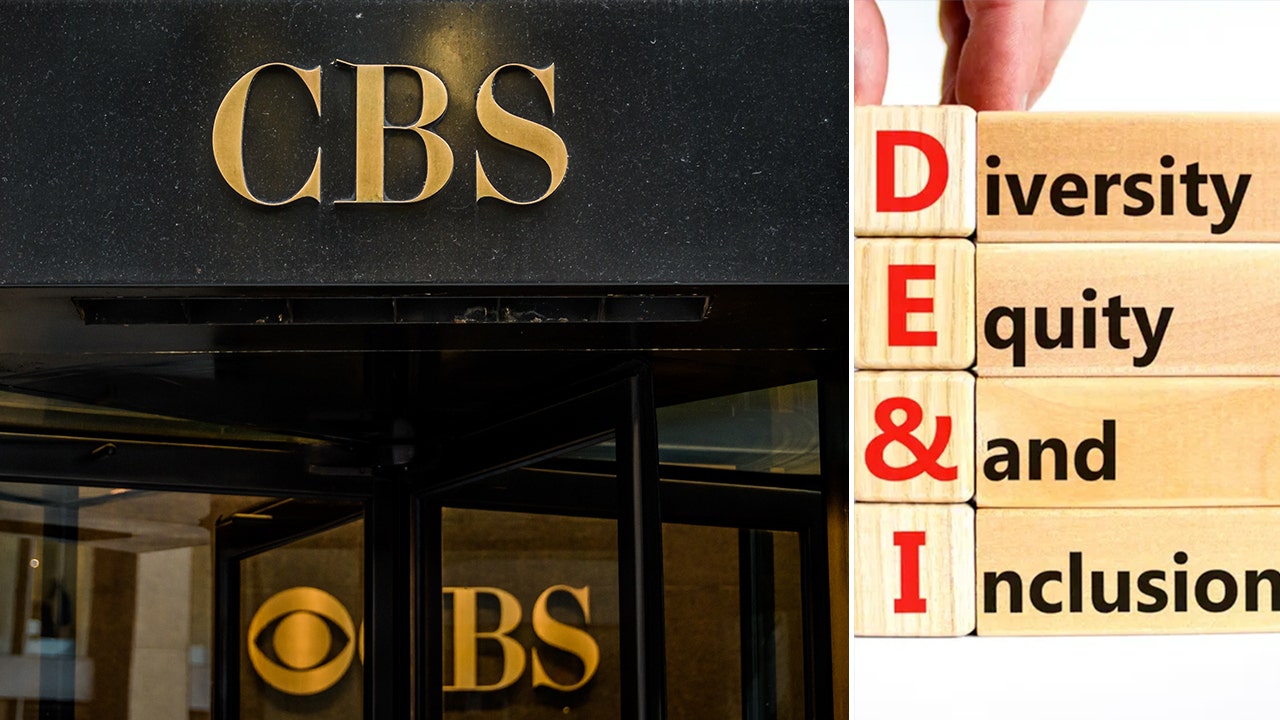




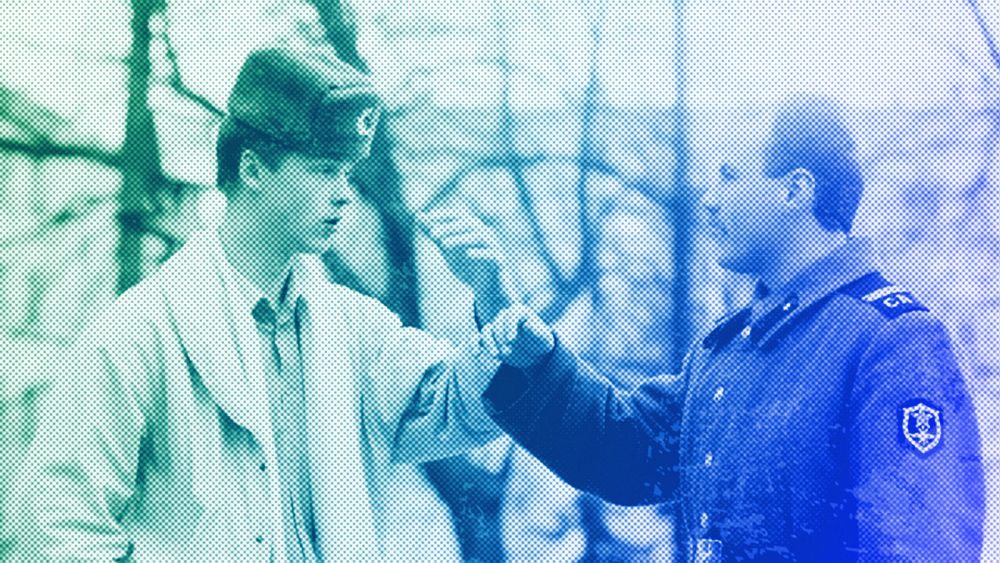

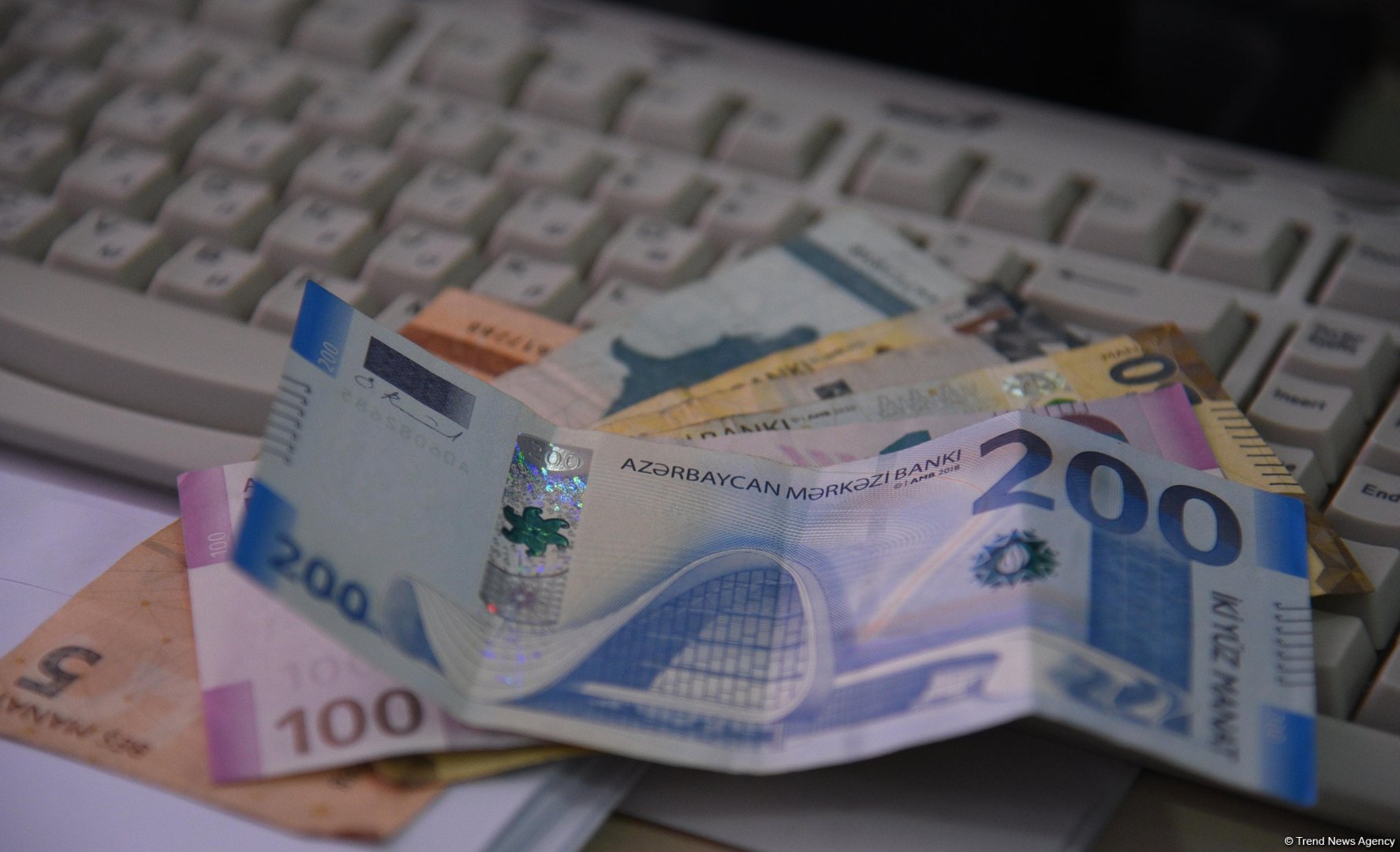

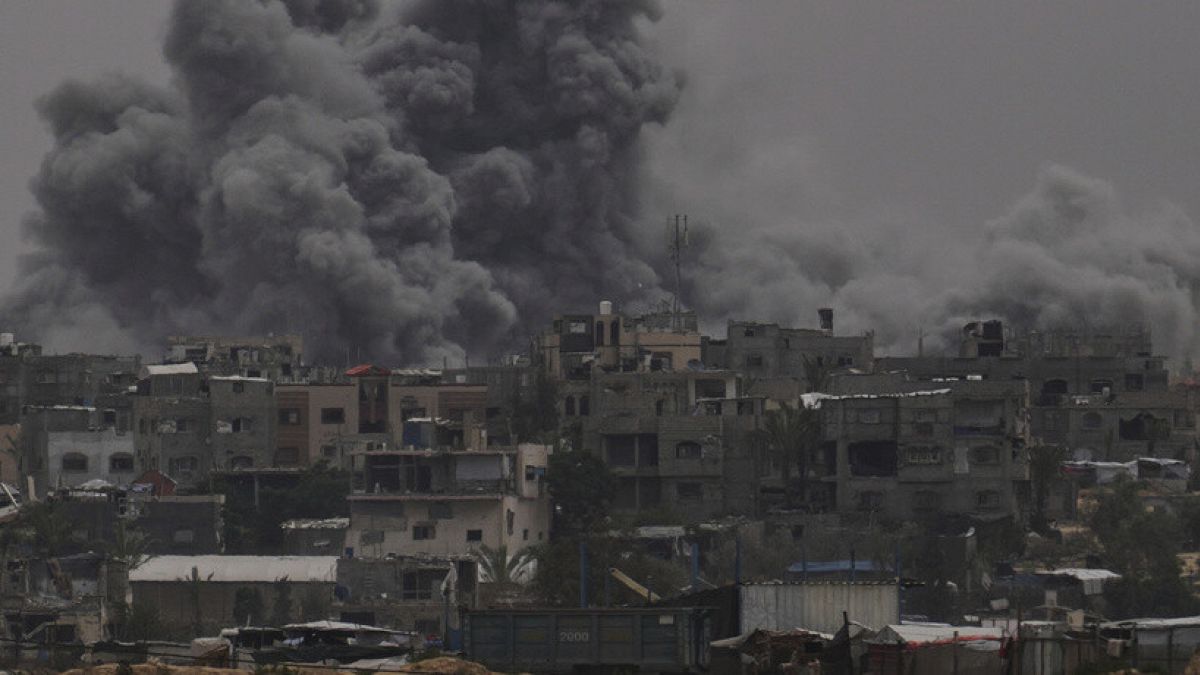


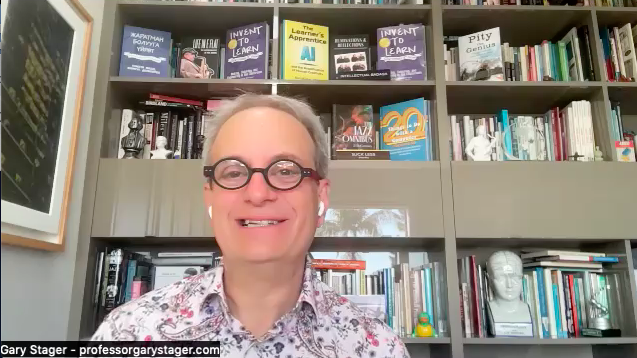
Discussion about this post